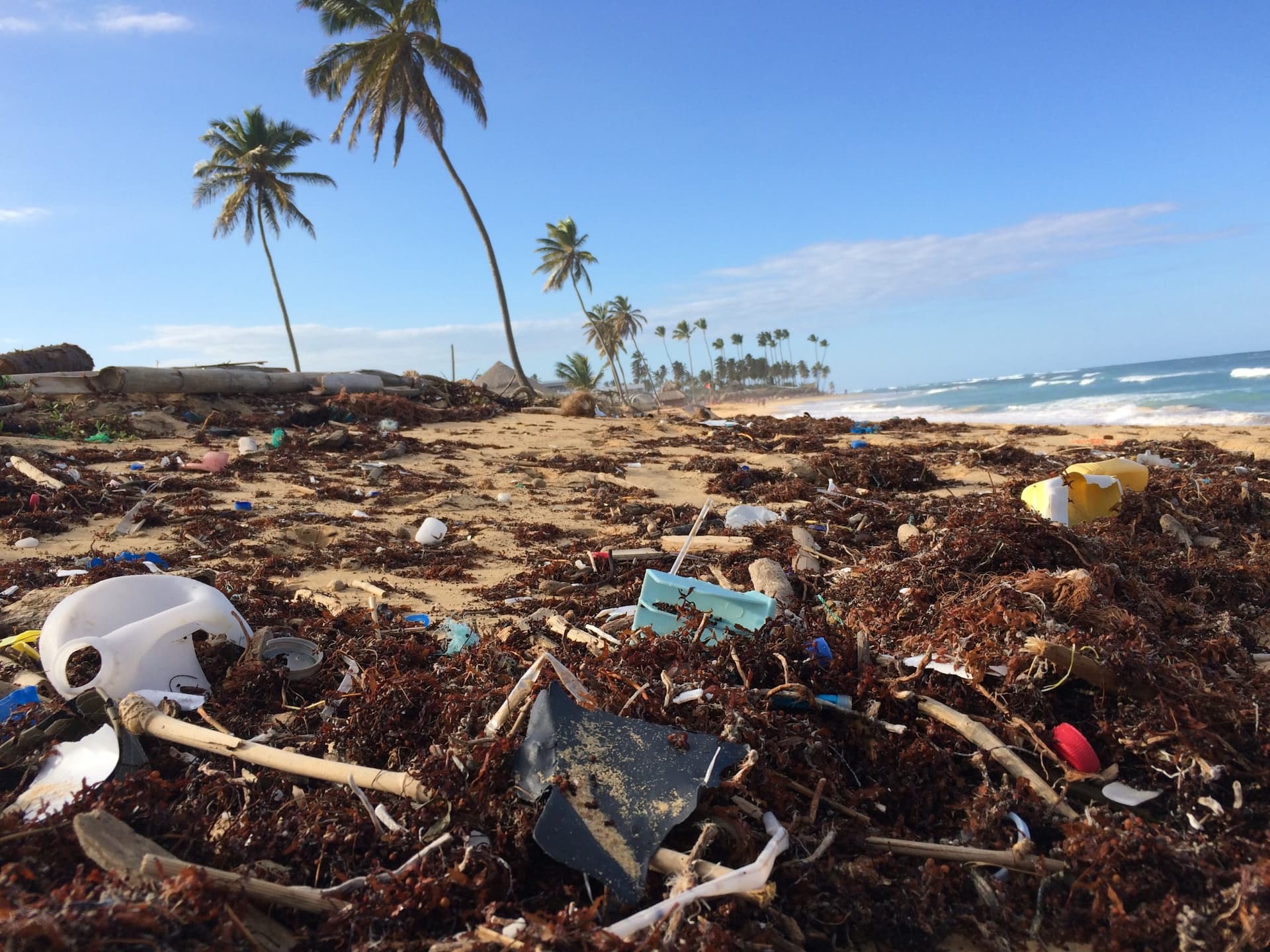Responding to the cry of the Earth
Originally published on The Southern Cross

Originally published on The Southern Cross
By Christina Bagaglio Slentz
SAN DIEGO— Over the next seven months, the diocese’s Creation Care Ministry will present the “Seven Goals of ‘Laudato Si.’” These aims were established in connection with the launch of the Vatican Dicastery for Integral Human Development’s “Laudato Si” Action Platform (LSAP) and were announced in 2021 to guide our actions, redefining and rebuilding our relationship with each other and our common home.
The online platform is designed to facilitate the Catholic community’s response to Pope Francis’ “Laudato Si” encyclical, which calls our attention to the harm done to the environment as a result of modern human activity, in many ways reflecting our collective estrangement from God amidst the secular distractions of materialism and overconsumption. These goals offer us pathways to action, expressions of gratitude for the divine gift of creation, the foundation for every blessing we know in this world.
These goals call for a spiritual and cultural transformation, as all of creation is interconnected and therefore affected. They are:
Local Response
In January we begin our coverage with “The Response to the Cry of the Earth,” defined by the “Laudato Si” platform as “a call to protect our common home for the wellbeing of all, as we equitably address the climate crisis, biodiversity loss, and ecological sustainability.”
Here, in Southern California, for example, we have already seen the cry of the earth in the form of extreme heat in the eastern region of our diocese with temperatures reaching 120 degrees Fahrenheit.
One of the most biodiverse places in the world, the San Diego region is home to a vast range of creatures, yet drought related to climate change and habitat loss severely threaten many already imperiled plant and animal species, such as the burrowing owl, the California least tern, the Torrey pine, the Quino checkerspot butterfly, the desert tortoise, and the flat-tailed horned lizard.
Warming oceans this past summer produced Hurricane Hilary, which intensified to a category 4 storm before making landfall and eventually weakening to a tropical storm. Responsible for two deaths in Mexico, Hilary was the first tropical storm in over a quarter century to enter the state of California.
In 2022, the Diocese of San Diego took a major step in responding to the cry of the earth, divesting from all direct stock holdings of companies receiving revenue from the extraction and/or production of fossil fuels, the use of which is the main source of today’s climate crisis. The diocese also divested from all mutual funds that reflected more than 3 percent of aggregated fund revenues from fossil fuel endeavors. The diocese is designing a long-term program to supplement these divestment steps with strategies that promote investment in green companies. This moral action conforms to the USCCB Socially Responsible Investment Guidelines agreed upon in November of 2021, which includes “Saving Our Global Common Home” as one of five conference investment policies. Diocesan investments were already aligned with the other four conference-specified areas: Protecting human life, promoting human dignity, enhancing the common good, and pursuing economic justice.
To address the problem of ecological sustainability, the diocese has also committed to eliminating, to the greatest extent possible, the use of plastic water bottles at the Pastoral Center and aims to reduce further use of all single-use plastics. As microplastics have become pervasive throughout the world — commonly found now in breast milk and the human brain–we encourage all parishes to take on this challenge and adopt new practices, such as purchasing compostables and reusing good old fashioned silverware and coffee mugs.
What Can You Do?
Along with parishes, schools, hospitals, universities and businesses, individual families are also called to take action and are invited to engage with the “Laudato Si” Action Platform (laudatosiactionplatform.org). There, you will find suggested actions corresponding to each of the seven goals of “Laudato Si.” To respond to the cry of the earth, the platform offers the following actions:
The Creation Care Ministry is ready to help! We welcome you to join us on a new pathway to action in care of our common home, the SDCreationCare Pathway 2024:
We are also happy to bring these events to your parish, and as always, you may contact Christina Slentz at cslentz@sdcatholic.org for help with these and any other creation care needs.